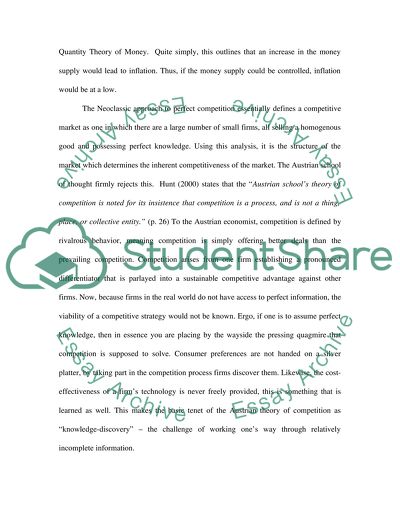Competition Theories Essay Example | Topics and Well Written Essays - 1000 words. Retrieved from https://studentshare.org/miscellaneous/1530813-competition-theories
Competition Theories Essay Example | Topics and Well Written Essays - 1000 Words. https://studentshare.org/miscellaneous/1530813-competition-theories.


